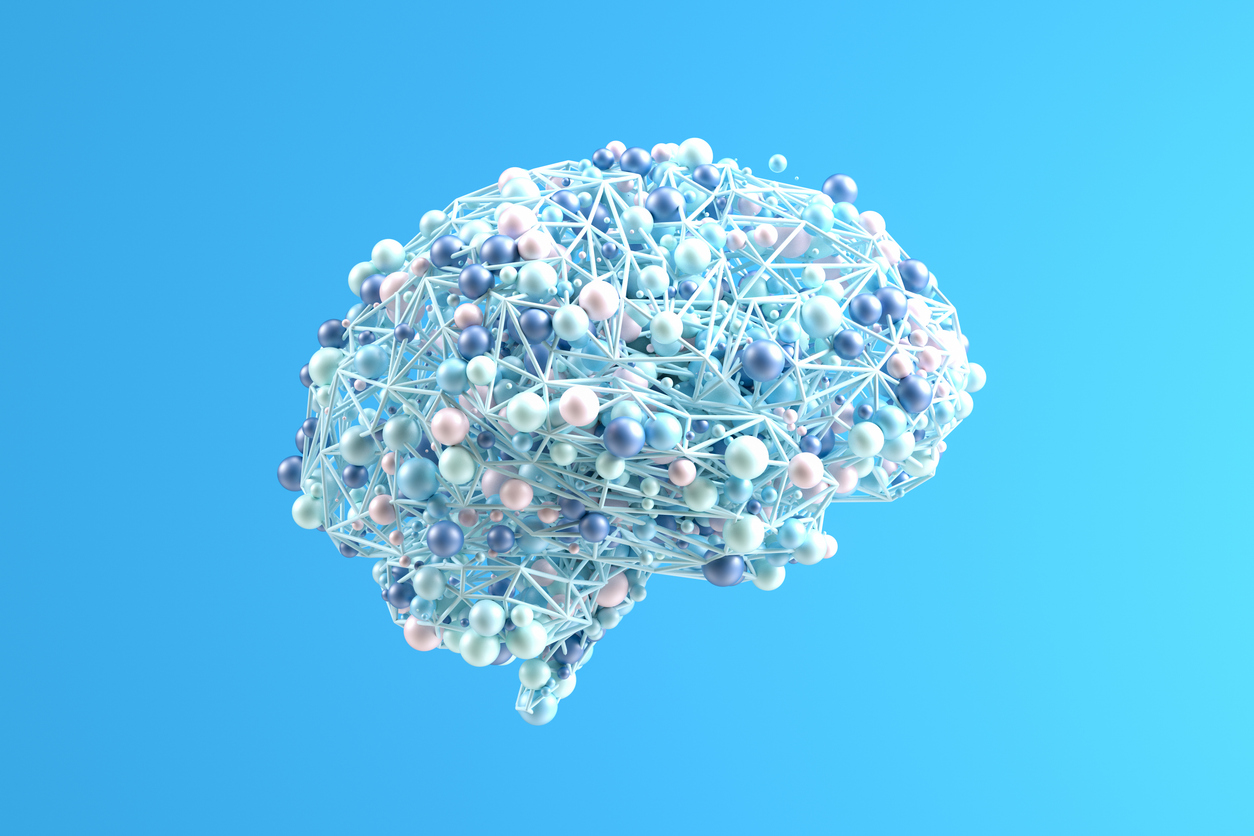Post ADHD Diagnosis - What Now?
.png)
For many people, finally putting a name to their experiences can be validating. Receiving your ADHD diagnosis can bring a sense of clarity, and for others it may stir up more questions than answers. Wherever you reside, you are not alone. Here are a few things to keep in mind as you move forward with your ADHD journey:
ADHD Isn’t Your Fault
ADHD is a neurobiological condition that impacts the part of the brain that is responsible for executive functioning. If you've spent years feeling like you weren’t living up to your potential or beating yourself up over disorganization or missed deadlines, know that you were navigating a brain that was wired differently and a world that doesn’t cater well to difference. Getting a positive diagnosis can give an explanation to years of struggle. But your journey doesn’t have to stop there.
Make Space for Grief & Growth
It is common to grieve the ‘what ifs’ after receiving a positive diagnosis. “What if I’d known sooner?”, “Would my job, school or relationships have been different?" It’s normal to feel this way and it’s okay to let yourself experience these feelings. Many find that over time, with self-compassion, the right support, and tools, they feel more capable of managing their ADHD symptoms and moving past these ‘what ifs’.
Take Your Time
Some people may feel a strong urge to change everything immediately and start medication, therapy, and new routines all at once. Like most other changes in life, this process is one that takes time. Whatever treatment plan you choose, it can be worth giving yourself some space to explore each option and evaluate it in the context of your own life. ADHD management is often a reflection of trial and adjustment. So it can be worth making the space to be patient with yourself through the process.
Reviewing & Understanding your Results
When you receive a positive diagnosis, it can be an opportunity to get curious and take some time to understand it. Get familiar with what type of ADHD you have (inattentive, hyperactive, or combined type). It can be helpful to track what helps and what hinders you in regards to your executive functioning. Executive functions include such things as time management, planning, problem solving, and even emotional regulation. What are your blocks and barriers with function? This can help guide goal setting and a focus for support, whether that be medication, therapy, or both!
Get to Know Your Strengths
ADHD can bring its share of challenges, but it also comes with unique strengths. Take a moment to notice where you naturally shine, what energizes you or inspires you, what feels effortless. There’s often a heavy pressure to “mask” or appear neurotypical, and it can feel like you’re constantly pushing yourself to fit into a mold that doesn’t quite match who you are. But what if you didn’t have to? When we lean into our strengths and work with our brain rather than against it, we can start building tools and strategies that truly support our unique needs. This allows you to create and enjoy the flow in life that you desire.
Finding Support
There are various options to explore for getting support with your ADHD symptoms.
Some people may find medication to be a helpful way to support the brain and boost executive functioning. While medication alone can provide adequate support for some, many people find a combination of medication and therapeutic skill-building to be the most effective treatment.
For therapeutic approaches, executive function-specific Cognitive Behavioural Therapy (CBT) or coaching can support skill-building to cope with and improve symptoms. Some examples might be learning tools to increase focus, task initiation, time management, and organization to name a few.
There are also support groups in-person or online to connect with others who are dealing with similar struggles. This can help integrate your ADHD experiences and feel a sense of validation. Other tools that can be helpful are technology supports such as timers, planners, apps and accountability systems.
Whatever you decide, it is about discovering what works for you.
This is just the Beginning!
Receiving your diagnosis marks the beginning of your journey. It’s the beginning of understanding yourself more deeply and finding out what truly works for you. Whether you choose to explore medication, dive into CBT, or simply take time to process, there is no “right” path. At Cognito Health, we believe it is an honour to walk alongside our clients in their ADHD journey.
Check out our website to learn how we can assist you along the way. Support is available and change is possible!
Written by: Brittany Bercier
References
Delzell, E. (2025, April). Newly diagnosed with adult ADHD? Here’s what to know. WebMD. https://www.webmd.com/add-adhd/new-adhd-diagnosis
Fairbank, R. (2023, March 1). An ADHD diagnosis in adulthood comes with challenges and benefits. APA Monitor on Psychology. https://www.apa.org/monitor/2023/03/adult-adhd-diagnosis
Novotni, M. (2022, September 9). I have ADHD. Now what? ADDitude Magazine. https://www.additudemag.com/slideshows/i-think-i-have-adhd/?ecd=wnl_additude_250520_cons_adhd_adult&goal=0_d9446392d6-4bb147576e-322540925









